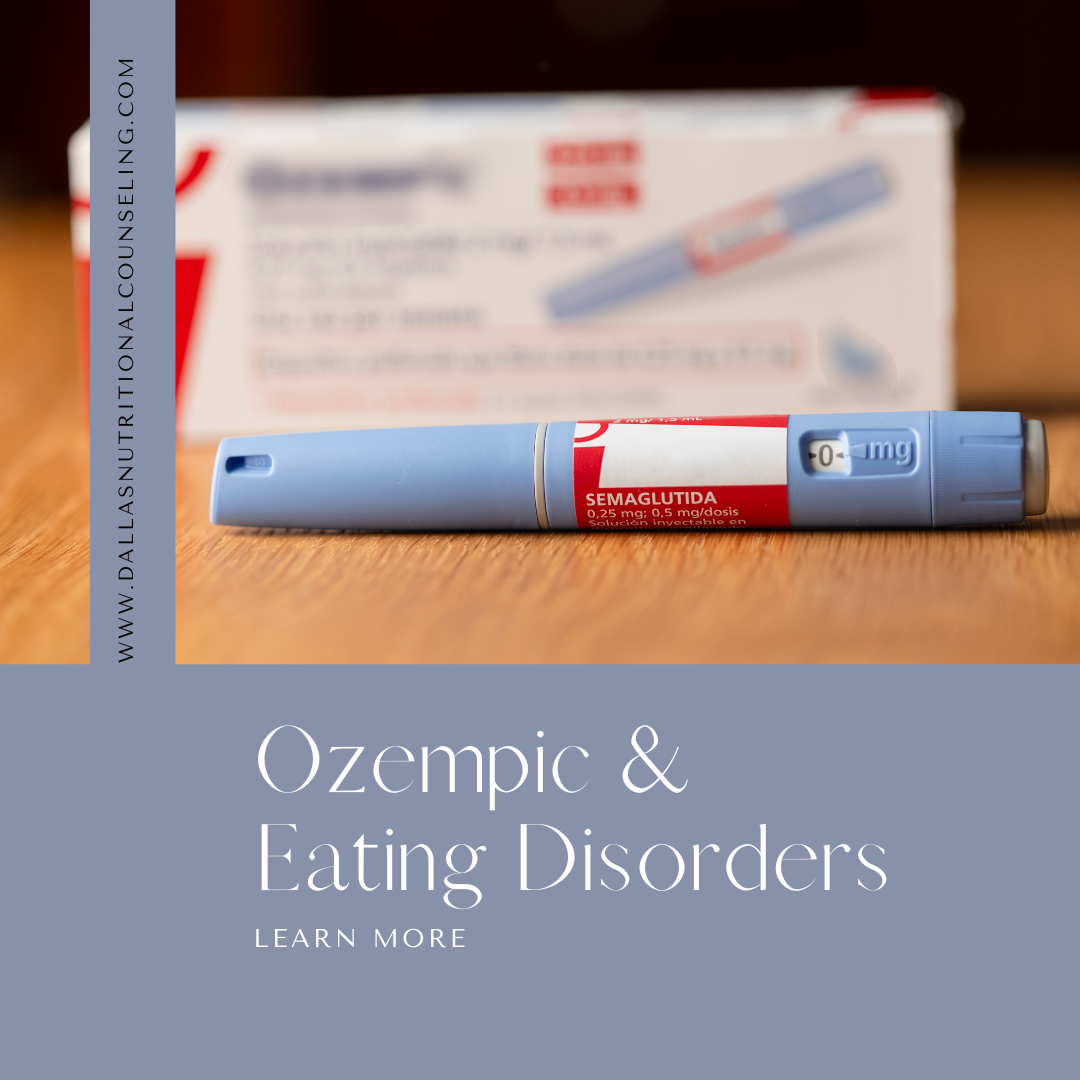Exercise: Is there such a thing as too much?
Exercise is important for physical, mental, and overall health. Being physically active has many benefits, but just like with anything else, too much of a good thing can be a bad thing. Rest is an essential component of training because it gives your body time to recover in between workouts. Excessive exercising with inadequate rest can lead to detrimental outcomes.
Consequences of over exercising
Decreased performance: going slower, not able to lift as heavy, can’t do as many repetitions
Feeling tired and fatigued (inadequate energy intake for expenditure)
Getting sick often (suppressed immune system)
Having mood swings or irritability (hormonal disturbances)
Having trouble sleeping (insomnia)
Feeling extra sore and taking longer to feel recovered
Getting injured often
Lack of motivation
You stop having periods/amenorrhea (women)
Decreased sex drive (men)
Organ Damage: heart (arrhythmias), kidneys (rhabdomyolysis), liver, reproductive, brain (impaired cognitive function), skeletal muscles (muscle damage/loss), bones (increased risk for fractures and osteoporosis)
Signs of compulsive exercising
Feeling guilty or anxious if you do not exercise
You continue to exercise with an injury
Family and friends express worry about how much you exercise
The joy you used to feel from exercise is gone
You skip out on work, school, social activities, sleep, and meals to exercise
What’s the solution?
Consider taking a break from exercise
You may still go on short walks, stretch, and do fun activities, but avoid structured gym/exercise time. If after 2 weeks you are still having symptoms, you may need to extend your rest period up to 4-6 weeks.
When returning to exercise, plan for at least 2 rest days per week.
Eat more food!
Drink lots of water.
Get plenty of sleep.
Avoid exercising in extreme heat or cold.
Stop exercising if you don’t feel well or cut back the intensity if you are under lots of stress.
If you or a loved one is struggling with compulsive exercise or you are concerned about your relationship with food please contact our office or schedule an appointment.



It’s that time of year again when people start looking at their lives and thinking about what they want to improve. We’ve all heard someone say, “New year, new me.” Something about the start of a new year gives people hope of a fresh start. Year after year people make resolutions focused on physical changes such as cutting out sugar, losing weight, and exercising more. So why do only 8% of people stick to their resolutions?